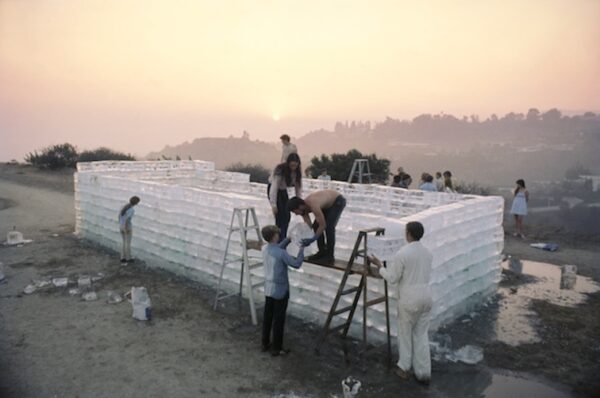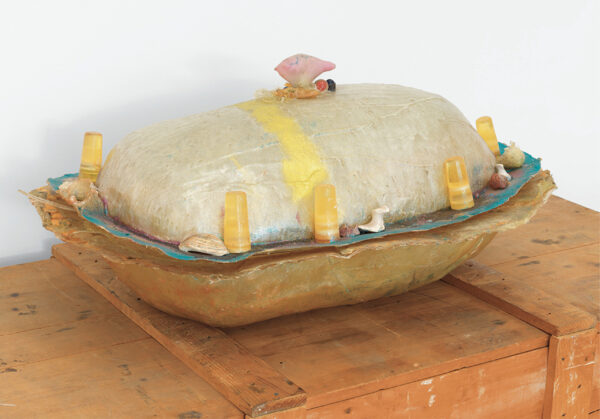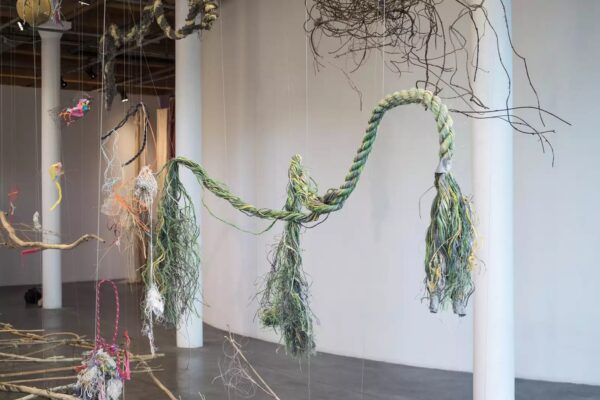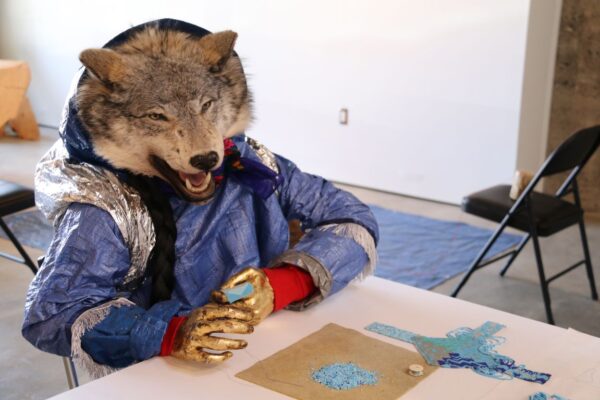The climate crisis, as Amitav Ghosh reminds us, “is also a crisis of culture, and thus of the imagination”. American artists have long grappled with the idea of weather and climate understood in an expanded sense, by assessing the aftermath of past events, observing present conditions, and imagining “new ecologies” and, with these, new forms of resistance. This course explores modern and contemporary art histories of the United States through the lens of ecology, to understand how American artists have articulated and shaped ecological perspectives and publics, and how they have analysed the past, present, and future of the United States of America through recourse to the ecological.
Looking beyond direct depictions of landscape and climate, we will explore works of performance and participatory art, sculpture and installation, experimental film and video, and ephemeral and text-based projects. We will attend to the many meanings of “ecology” to think about materials, systems, and networks, audience participation and collaboration, ecological countercultures, and critiques of social and cultural power structures. We will consider how ecological approaches can help us rethink familiar art historical models of site and place, materiality and value, authorship and ownership, audience and participation, institutional critique, and cultural labour.
Students will explore the capacity of ecocritical models to foreground colonial, regionalist, and economic structures that have shaped American art and art history and the entanglement of nature and nation, from the founding mythologies and institutions of the United States through to the present moment. With a particular focus on American art since 1950, the course encourages you to engage with theoretical frameworks of participatory art and activism, ecological time and futurity, ecofeminism and queer ecologies, utopianism, extractive and material politics, models of the local and the planetary, the sublime and the more-than-human. Taking our lead from Christina Sharpe’s writing on weather and anti-Blackness, we will be particularly attentive to the geographical, social, economic and cultural extractions and exclusions that are constitutive of American art history. We will foreground the work of Black, Indigenous, Latinx, and immigrant artists, as well as intersections between art, countercultural and anti-war politics, and feminist, queer, racial and environmental justice movements.
Gallery, exhibition, and in-person site visits will examine both historical and contemporary material.
Please note: whilst many Special Options will include site visits within the UK and further afield, these are subject to confirmation.
Course leader: Dr Lucy Bradnock and Dr Johanna Gosse






